San Francisco’s nude history on stage
A new event brings decades of public nudity, protest, and civic controversy into the spotlight—with George Davis and Marty Moulton telling the story
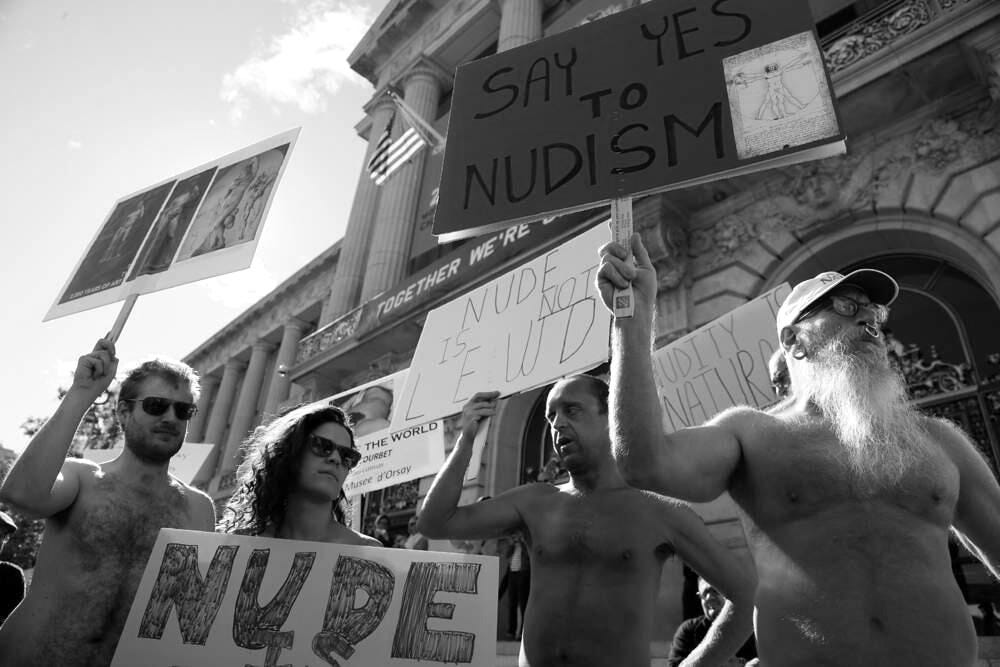
Next week, longtime body-freedom activist George Davis will appear nude on stage at Manny’s in San Francisco to speak about the politics and history of public nudity. The clothing-optional event, Living Naturally: A Cultural History of Nudism in San Francisco, promises a revealing look at how public nudity has functioned as both civic defiance and cultural identity in the city. Joining Davis is Marty Moulton, a libertarian activist and longtime co-organizer behind San Francisco’s World Naked Bike Ride. Attorney and civic organizer Precious Green will moderate the discussion.
The program will cover the vibrant history of cultural nudity in San Francisco, from its early roots in rural Northern California and the founding of Lupin Lodge in 1935, through the explosion of public nudity during the 1960s counterculture, when hippies gathered nude in Golden Gate Park and the region’s free beach movement began. It will trace how nudity became embedded in local traditions like Pride, Bay to Breakers, and eventually the World Naked Bike Ride, while spotlighting notable street nudists and activists.
Davis and Moulton will presumably reflect on their own contributions, including Davis’s public nude yoga demonstrations, political campaigns, and repeated legal challenges that helped affirm the legality of non-lewd nudity under California law. The conversation will also examine the 2012 nudity ban, its enforcement, and the broader cultural and political tensions that continue to shape how nudity is expressed and understood in San Francisco today.
A personal history
Notably, Davis himself has been at the center of San Francisco’s modern nudist movement for decades. In 2004, he was detained for performing nude yoga at Fisherman’s Wharf—a case the city declined to prosecute. In the years that followed, he challenged law enforcement repeatedly by appearing nude in public, facing more than a dozen citations and police interventions. None resulted in charges, due to his never having broken any actual laws with his nudity.
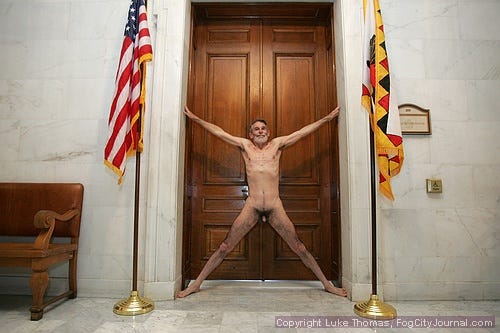
That legal ambiguity allowed a visible nudist presence to flourish, especially in the Castro, where Davis and others gathered for civic events and street protests. For a time, it seemed public nudity had found legal footing. But in 2012, amid pressure from neighborhood groups and business leaders, Supervisor Scott Wiener introduced a city ordinance banning most public nudity with a $100 citation. The law passed with little debate, though enforcement remains rare and nudity is still permitted at parades and officially sanctioned events.
Davis also used electoral politics as a platform for his cause. He ran for mayor in 2007 on a campaign that included making Golden Gate Park clothing-optional, and followed up with bids for District 6 Supervisor in 2010 and District 8 in 2014.
What to expect from the event
Living Naturally invites audiences to hear the full arc of this story—from 1960s hippie gatherings to legal crackdowns to today’s conditional tolerance. It is hosted by Precious Green, a San Francisco-based attorney, civic organizer, and founder of the Queer Power Alliance.
The event takes place on Wednesday, August 6, at 6 p.m. at Manny’s, 3092 16th Street in San Francisco. Tickets are available here for $10, or free for those low on funds. The event is clothing-optional. Speakers will appear nude. 🪐



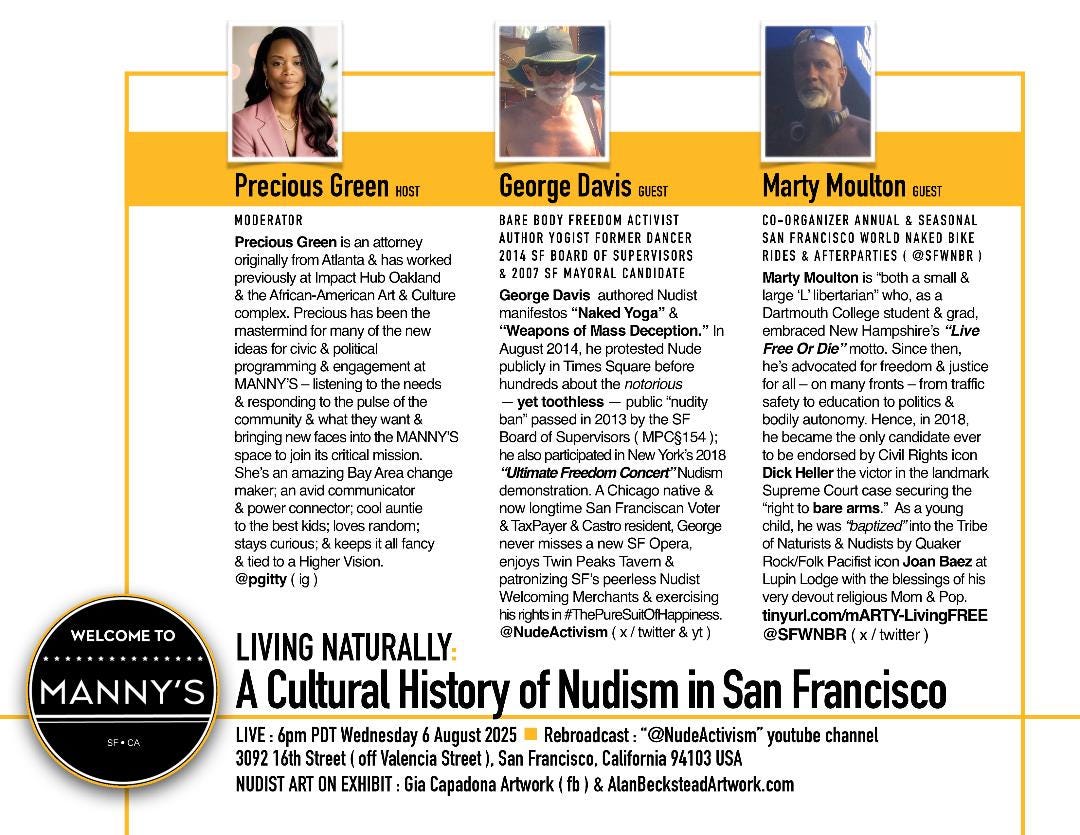
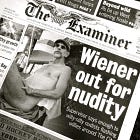



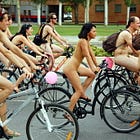
I am proud my former lover Margo St. James protested proposed rules limiting topless and bottomless dancing in SF clubs in the 70s. Margo and other members of COYOTE protested by marching totally nude. They contended that nude dancing reduced attacks on sex workers by promoting a more sex positive environment in the entertainment section of the city. You can see Margo and her colleagues in a great documentary on the history of SF topless clubs and Carol Doda. Regards Mitch Tropin